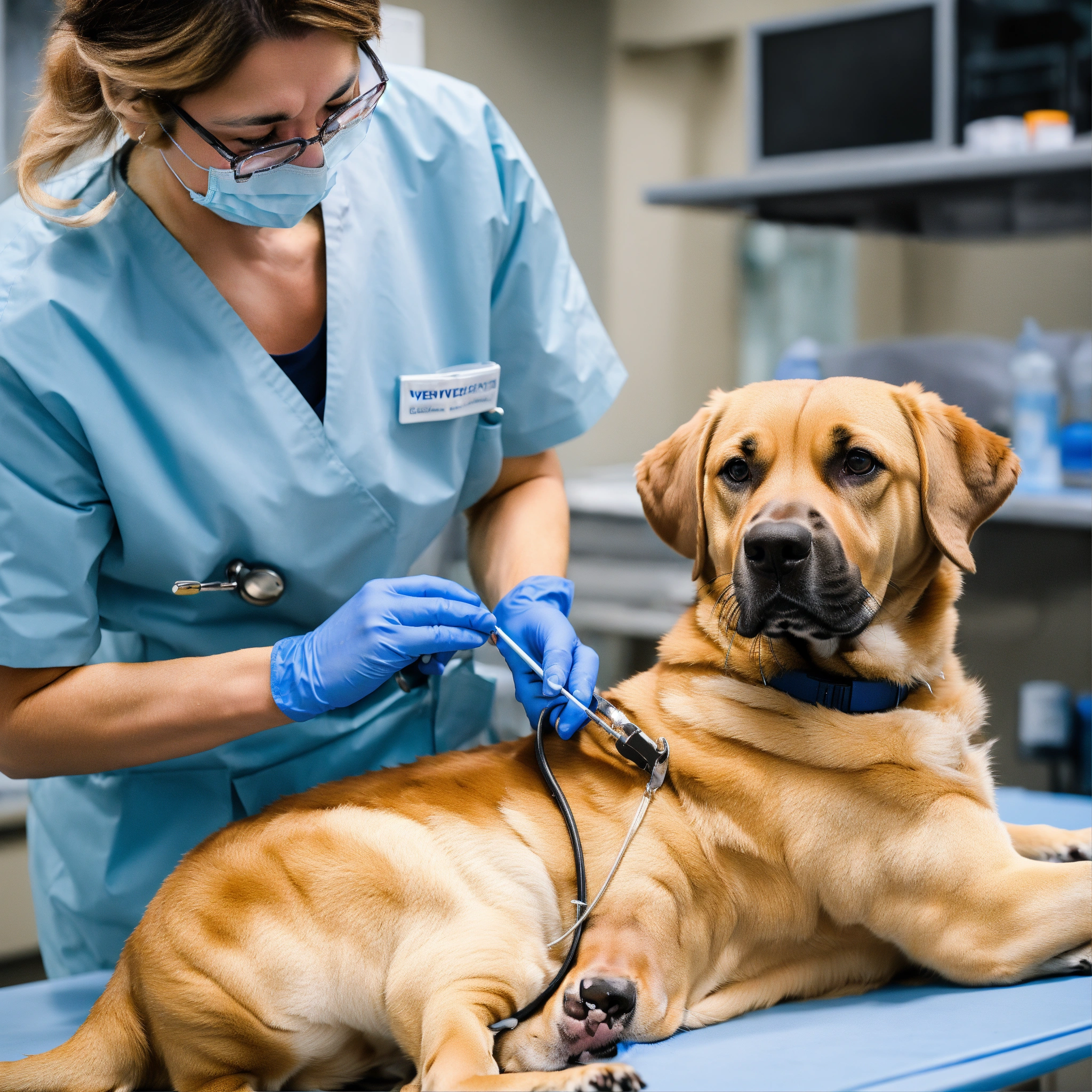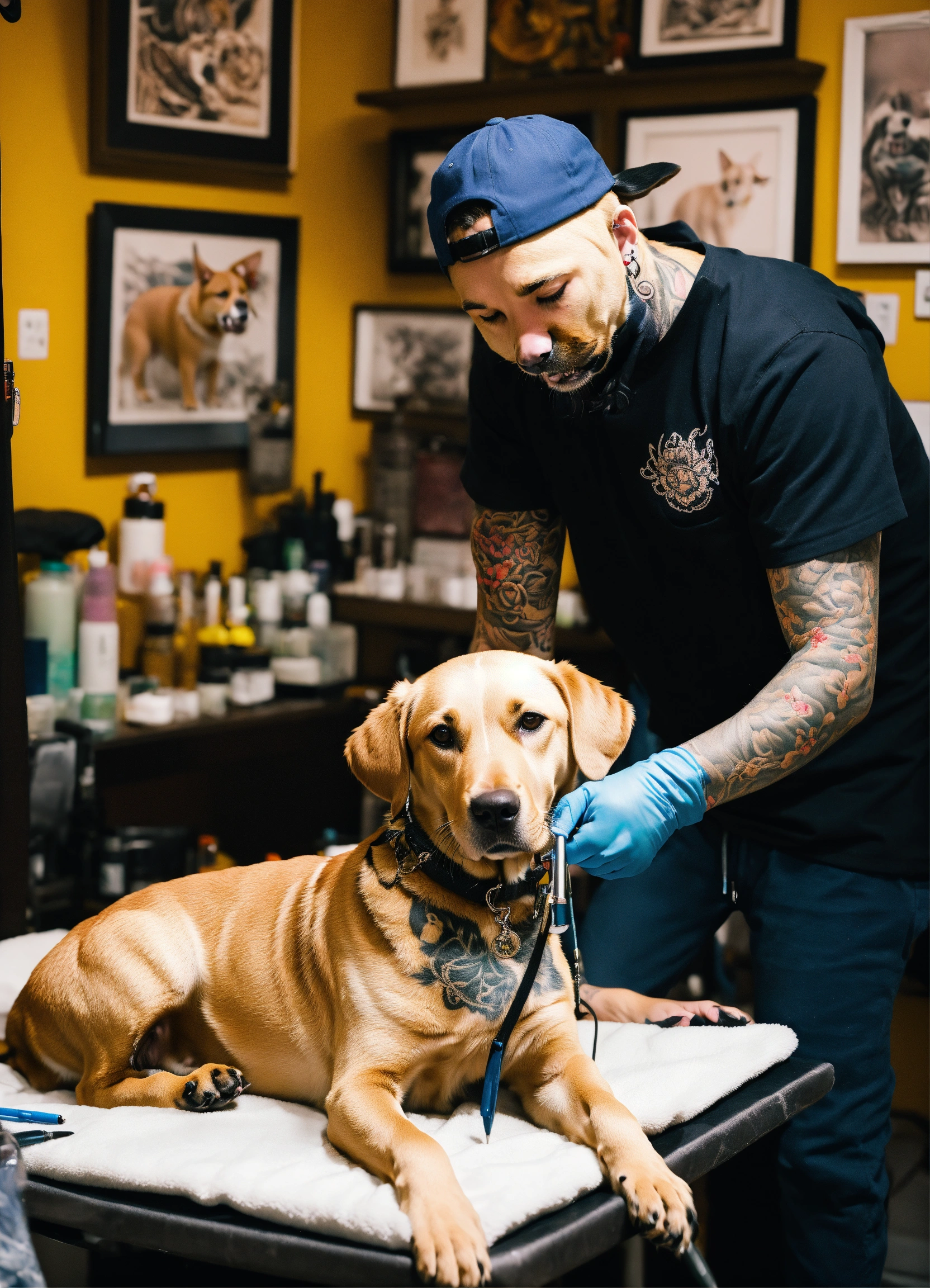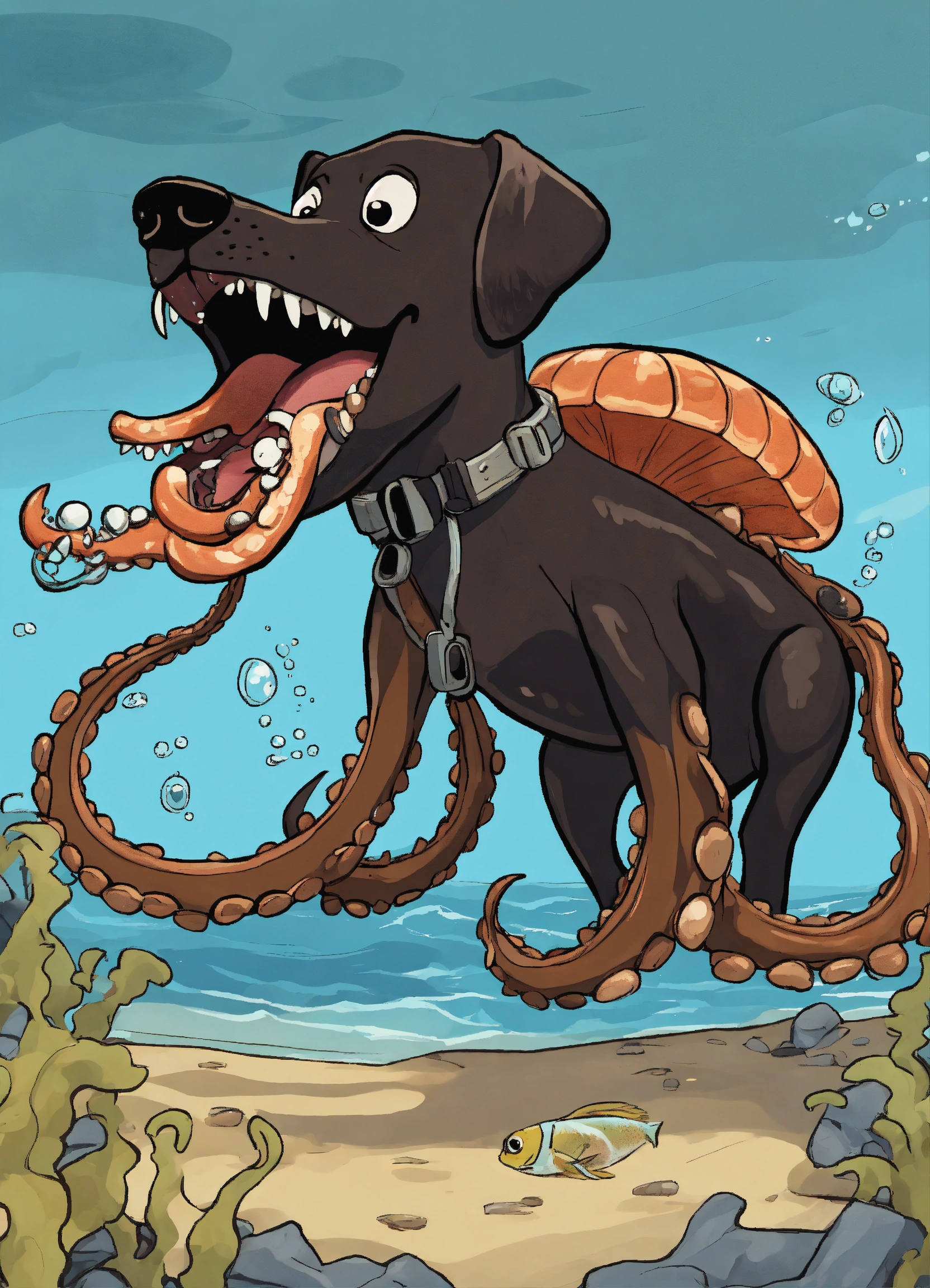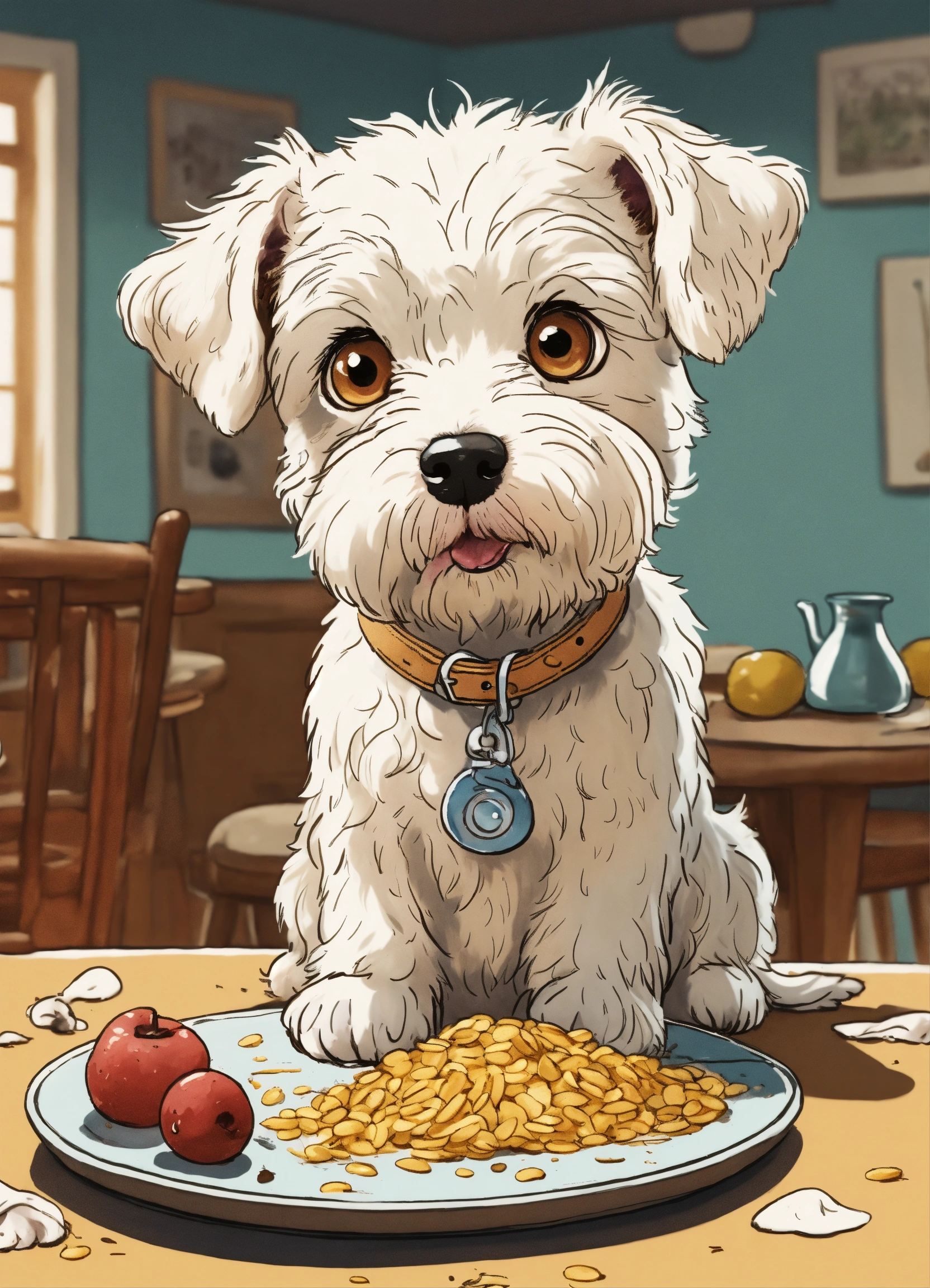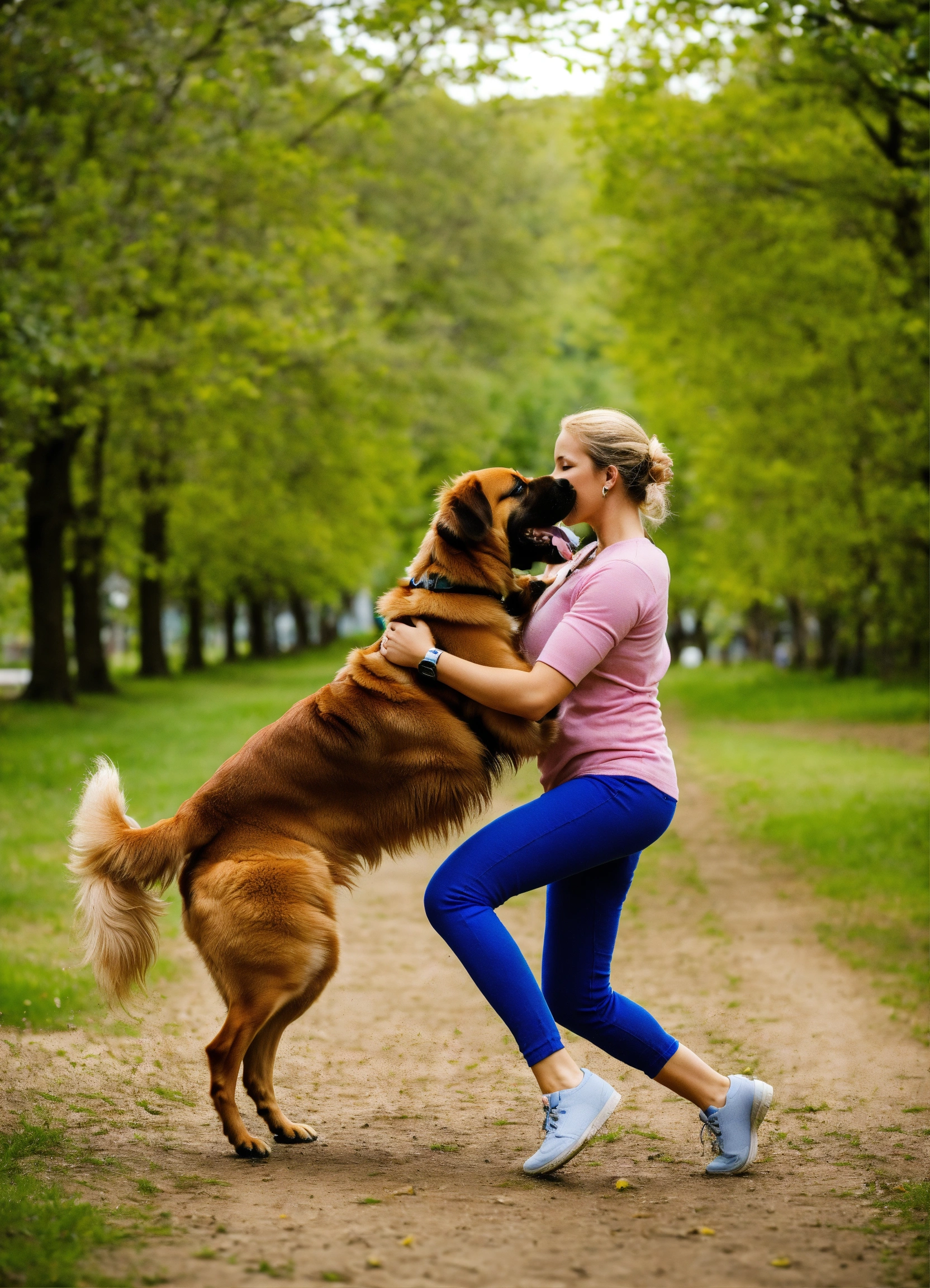Veterinary ophthalmology is a branch of veterinary medicine focused on caring for the eye health of our furry companions. As such, this is a very important specialty that can help treat and minimize the impact of eye problems.
In this article, you will learn how ophthalmological care for animals works, what professionals in this area do, what symptoms and signs owners need to watch out for, as well as tips on how to find support from an ophthalmologist when your pet needs it. Stay tuned!
What is veterinary ophthalmology?
Veterinary ophthalmology is a specialty of veterinary medicine that works in the diagnosis, treatment and prevention of eye diseases in animals.
What does a veterinary ophthalmology specialist do?
A veterinary ophthalmologist is a professional trained to care for the eye health of pets. This includes everything from requesting routine eye exams to prescribing and monitoring the treatment of eye diseases in animals, as well as performing veterinary eye surgery.
Some of the most common eye diseases in pets include cataracts, keratitis and glaucoma. Below, we explain a little more about the main diseases and their characteristics:
- Cataract — a relatively common eye disease, especially in older animals, which consists of the loss of transparency of the eye’s lens, which can lead to blindness;
- Keratitis — inflammation of the cornea, which can cause pain, redness, and eye discharge.
- Conjunctivitis — inflammation of the conjunctiva, the membrane that covers the inside of the eyelids and the front surface of the eye;
- Glaucoma — increased intraocular pressure, which can damage the optic nerve, leading to blindness;
- Uveitis — inflammation of the uvea, the inner part of the eye.
When to see a veterinary ophthalmologist?
In general, whenever they identify the emergence of any symptom or change in the animals’ behavior , it is natural for guardians to seek support from veterinarians.
A veterinarian is like a general practitioner, that is, he has general knowledge about diseases of the body, but is not a specialist. Some doctors choose to specialize, meeting specific demands such as ophthalmology.
These doctors are able to diagnose eye problems in animals, assessing specific needs and recommending the most appropriate treatment based on the pet’s history and needs.
But how do you know if your pet needs an ophthalmologist? Below, we have listed some symptoms and warning signs that indicate the need for specialized support. Check it out!
Secretion
Eye discharge, also known as eye booger, can be a sign of a variety of health problems, from simple irritation to infections. Therefore, pet owners should observe the color, consistency, and quantity of the discharge, as well as other symptoms that the pet may present, such as itching, redness, swelling, or difficulty opening the eyes.
See below how to evaluate your pet’s secretion and learn about the possible causes:
- clear discharge — usually indicates an allergy or mild irritation;
- clear yellow discharge — may be a symptom of keratitis or conjunctivitis;
- dark yellow or greenish discharge — may indicate the presence of a viral or bacterial infection;
- white or yellow, “thick” purulent discharge — possible presence of a serious bacterial infection;
- red/hemorrhagic discharge (with presence of blood) — may indicate systemic disease, trauma or tumor.
If any type of secretion is detected, it is recommended that the owner seeks the support of a trusted veterinarian. The professional will assess the need to refer the animal to an ophthalmologist.
Eyes closed
If your pet is closing their eyes too much or having difficulty keeping them open, it could be a sign of an eye problem.
The type of problem can vary significantly, from the presence of a small ball in the dog’s eye or dirt, to diseases such as keratitis, conjunctivitis and glaucoma.
In this case, a medical evaluation by a specialist may be essential, so seek professional support.
Altered coloration
Changes in eye color are also a warning sign. This color variation, also known as heterochromia, can have several causes, some benign and others related to eye diseases.
In certain breeds of animals, such as the Siberian Husky , for example, dilution of melanin in the eyes can cause heterochromia. This is usually not a cause for concern, but it can increase the risk of certain eye problems, such as uveitis.
Other eye diseases that can cause changes in eye color include glaucoma and cataracts.
If you notice any change in your pet’s eye color, it is recommended to schedule an appointment with your veterinarian. The professional will examine your pet’s eyes, collect information about their medical history and perform tests to diagnose the cause of the change.
Difficulty dodging objects
If you’ve noticed that your pet is having trouble avoiding objects, this could be a sign of eye problems. In this case, it’s worth noting that several diseases and conditions can affect animals’ vision and spatial perception, causing them to collide with objects or have difficulty moving around familiar environments.
In addition to vision problems, this symptom may be associated with neurological diseases and behavioral problems. So schedule a medical evaluation and only take your child to an ophthalmologist if indicated.
Redness in the eyes
Red eyes in your pet can be a sign of a variety of eye problems, from mild irritation to serious infections. Some possible causes include allergies , infections, and trauma.
In general, redness may be accompanied by other symptoms such as discharge, swelling, excessive tearing, itching and pain.
Whenever the owner notices any symptom or sign that something is not right with the pet’s eye health, it is necessary to seek support from a specialized professional.
Rapid treatment prevents the development of more serious problems, such as blindness, ensuring the well-being and health necessary for your pet to have a peaceful and happy life.
How to find a good veterinary ophthalmologist?
It is common to have doubts when choosing a veterinary ophthalmology clinic. The tip for those looking for a professional in the area is to seek recommendations. So, talk to the veterinarian who monitors your pet’s health; they may have trusted veterinary ophthalmologists to recommend.
Before scheduling an appointment, check whether the professional is qualified and has specialization in the area. Therefore, give preference to those who have experience in treating common eye diseases in animals of the species in question.
As you have seen, veterinary ophthalmology plays a crucial role in the treatment of eye diseases. In this sense, the support of these specialists is essential for the treatment of various diseases such as cataracts , conjunctivitis and glaucoma. Therefore, at the first signs, seek emergency care to prevent the condition from worsening.






